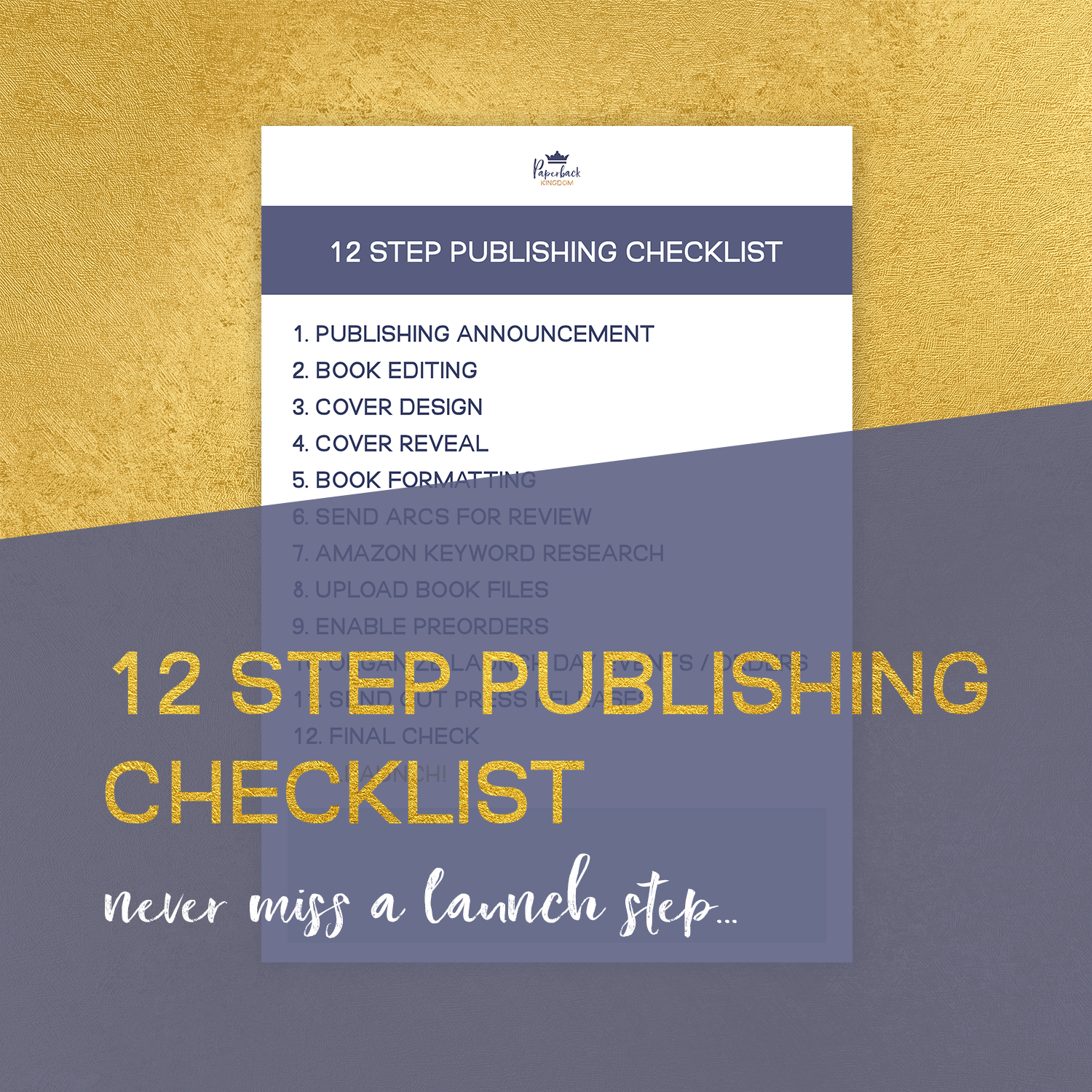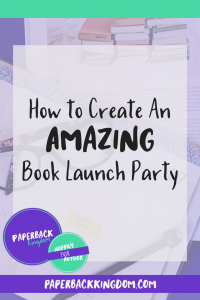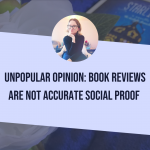Indie publishing (or self-publishing) has a lot of negative stigma around the subject, suggesting that the act of doing such a thing is taking a ‘shortcut route’ or even selling yourself short.
While I don’t deny the benefits of having a fully trained publishing house to support you, I don’t agree with this belief at all and today I’d like to share the realities of indie publishing. I want to talk about why indie publishing is a route as valid as traditional, and why it’s not the best option for some writers but a better option for other writers.
1) No, it’s not a last resort
Indie publishing is a lifestyle choice—plain and simple.
Some people are business savvy. Others are not.
Some people work pressing day jobs. Others do not.
Some people have lots of stories to publish in a short timeframe. Others do not.
All of these things help to determine the best form of action to get your story into ‘book format’, onto shelves and into the hands of readers. Depending on time factors, cost factors, and your ability to work in teams and meet deadlines, the best publishing path for your book could be one of either options.
The important thing to consider when choosing is not whether it’s your dream to be published, not whether you want to be professionally recognized, and not whether you’re sick and tired of querying—but which path your book is going to benefit from.
If you have a solid fanbase who love your book the way it is, do you want to risk having a publishing house change it?
Or if you have a story idea with potential but want to reach a much larger audience, are you capable of doing that on your own?
These are the questions you should be asking, and this is the reasoning that should determine whether you self-publish or not.

Free Guide: 12-Step Book Launch Checklist
Discover my simplified process for attracting readers and nurturing them into buying customers.
2) There are upfront costs and challenges
Indie publishing isn’t a shortcut—you’re going to have a lot more things to figure out on your own, such as how to market your book and getting it edited and finding a cover designer. You have to find distributors and bookstores willing to stock it, and then figure out where the money is going to come from to fund all of this.
The good news is, once you get the hang of all of this, it becomes a much easier and quicker process as you do it again and again.
The bad news is… it’s quite a hefty upfront cost for a book you’re not making sales on yet and potentially might never make sales on.
My advice? Take some time to figure out how you’re going to make your return on investment first, before you start dumping thousands of dollars into book marketing.
3) It’s not in any way easier or faster
If you think it’s as simple as writing the book, getting it edited, and uploading it to amazon—in theory, you’re correct. But if you take a look at the long term results of these actions, you won’t get anywhere and you won’t make a cent if you don’t first cultivate readership, set up some marketing systems, and do some publicity groundwork. All of these things take time to pull off, so get started a few months before you plan to publish.
Launch With Me: The Free Series
My mini series offers a behind-the-scenes glimpse at how to launch a book and the exact process I take my high level coaching clients through. Binge now on YouTube.
4) There’s more potential to grow
One of the biggest perks to self-publishing is having full control—not only of the royalties you earn, but of the overall brand and how you choose to grow it. As a self-published author, you can publish as frequently as you like, speak at any event you desire, and market your book however you please. The potential to make more than the standard, traditionally published author is very real and possible, if you know how to go about doing it.
Did you find this post helpful? You might also like: Five Reasons To Self-Publish Your Book.

Written by Pagan Malcolm
Pagan is a copywriter and business coach helping writers understand the business side of publishing so that they can become serious authors.
| Facebook Group | Instagram | Podcast | Website | Blog |

